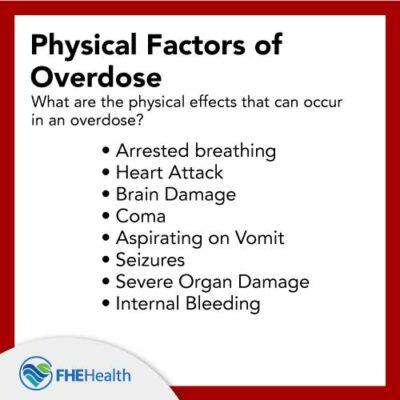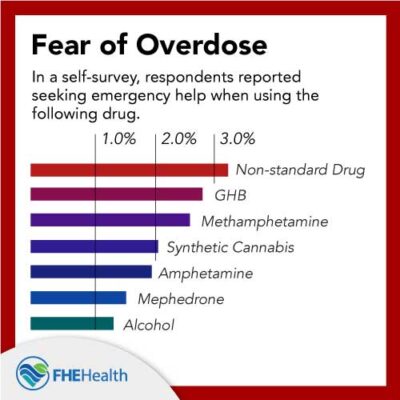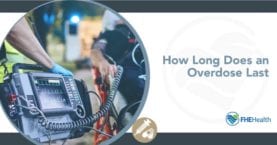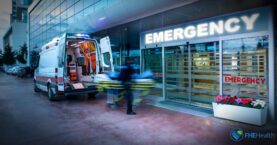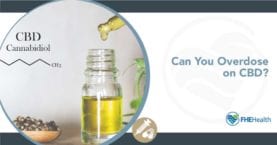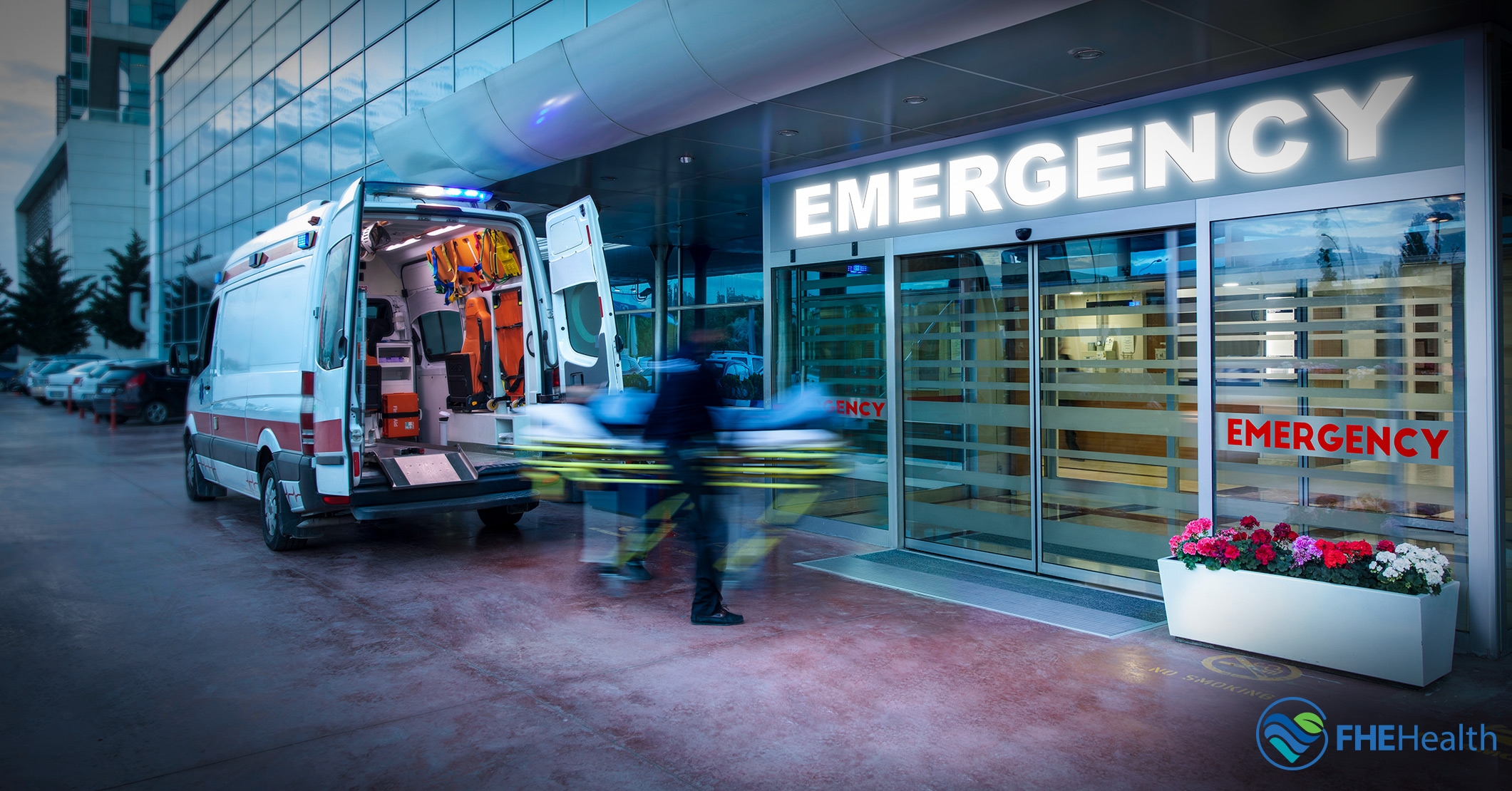
Updated September 12, 2023
What does overdose mean, exactly? Learn possible outcomes from drug overdose, including heart attack, and find out if you can die from overdosing.
What does an overdose mean, and can you die from overdosing? An overdose isn’t always fatal, but even nonlethal overdoses can lead to serious outcomes, including heart attack and other complications. According to provisional data compiled by the Centers for Disease Control (CDC), there were 106,996 reported drug overdose deaths for the 12-month period ending February 2023, which represents only a slight decline from the previous year. Countless others — including 181,806 who experienced nonfatal opioid overdoses in 2021 — were lucky enough to survive. A rundown on what the term “overdose” means, what causes it and what to do if you suspect someone has overdosed may help you save a life.
Getting help for a drug problem is obviously the best way to prevent overdose in the first place. If you or a loved one needs help with substance abuse, you can get help with addiction, reclaim your life and get clean.
What Does Overdose Mean?
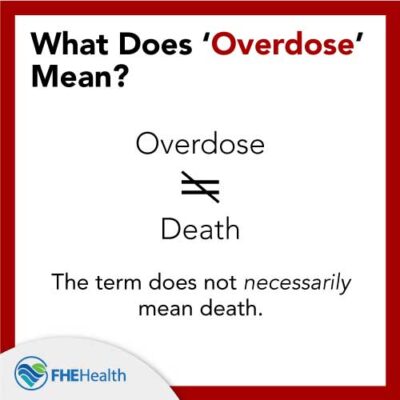
An overdose, often called an OD, is not automatically fatal. In some cases, though, people may refer to someone’s death as “They OD’d on heroin.” This is sometimes a common term in television medical dramas. Yes, overdosing can be a cause of death, just like a heart attack can. But in many cases, when someone gets medical intervention fast enough for a heart attack, they can be saved. The same is true in overdose cases.
According to the Centers for Disease Control and Prevention, there are many nonfatal overdoses for every fatal overdose reported.
